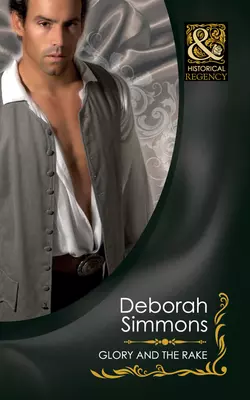Glory And The Rake

Deborah Simmons
Тип: электронная книга
Жанр: Современная зарубежная литература
Язык: на английском языке
Стоимость: 152.29 ₽
Статус: В продаже
Издательство: HarperCollins
Дата публикации: 16.04.2024
Отзывы: Пока нет Добавить отзыв
О книге: Glory And The Rake, электронная книга автора Deborah Simmons на английском языке, в жанре современная зарубежная литература